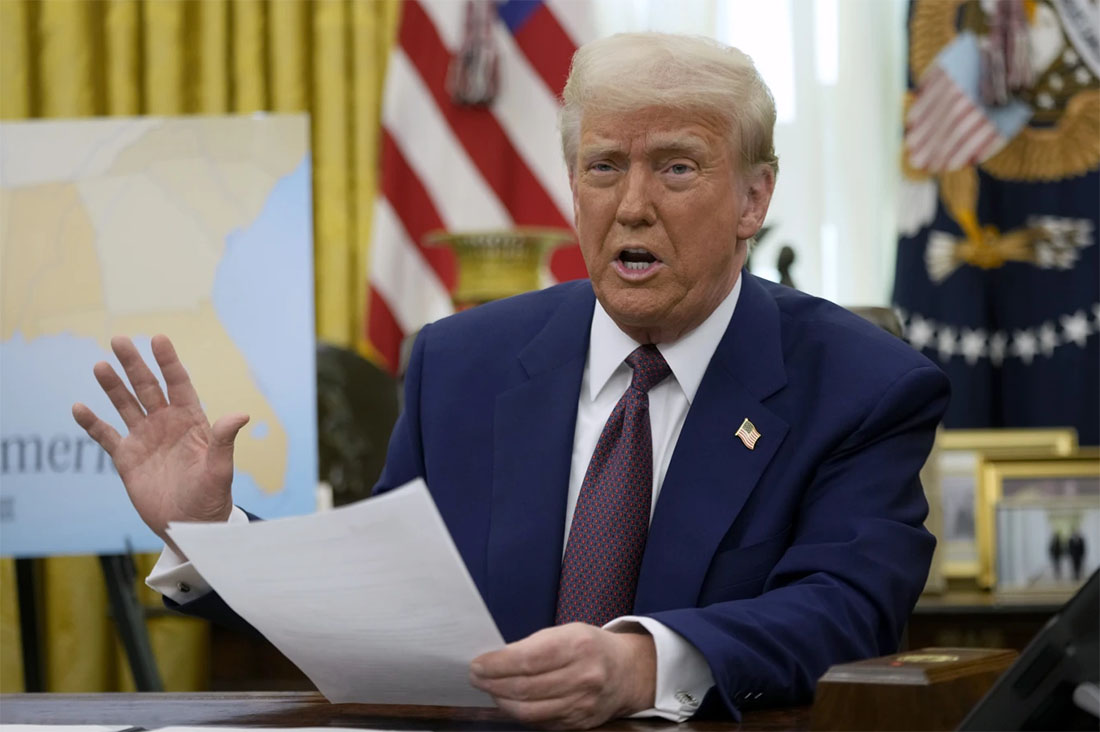
Photo Credit: Getty Images
In a move that rekindles the controversy of his first term, President Donald Trump signed a proclamation on June 4 barring citizens from 12 countries from entering the United States. The directive, effective June 9, echoes his earlier travel ban, which was once labeled a "Muslim ban" and provoked global uproar and legal resistance.
The newly targeted nations, Afghanistan, Myanmar, Chad, Congo, Equatorial Guinea, Eritrea, Haiti, Iran, Libya, Somalia, Sudan, and Yemen, have been subjected to a full entry ban. An additional seven countries, including Venezuela and Cuba, face partial restrictions. Visas issued prior to the enforcement date remain valid, though no new tourist or student visas will be granted.
Trump defended the measure in a video posted to X, citing "credible threats" posed by insufficiently vetted foreign nationals. "We cannot have open migration from any country where we cannot safely and reliably vet and screen those who seek to enter the United States," he said. The list, he added, is subject to expansion.
This proclamation follows a violent incident in Boulder, Colorado, where Mohamed Sabry Soliman, an Egyptian man, allegedly threw a gasoline bomb into a pro-Israel crowd. Soliman, who had overstayed his visa, is not from one of the listed countries, but Trump used the case to underscore the risks of lax enforcement. "The recent terror attack in Boulder has underscored the extreme dangers," he said.
Foreign governments responded swiftly. Somalia's ambassador to the U.S., Dahir Hassan Abdi, called for dialogue: "Somalia values its longstanding relationship with the United States and stands ready to engage to address the concerns raised." Meanwhile, Venezuelan Interior Minister Diosdado Cabello accused the U.S. government of persecution, warning, "Being in the United States is a big risk for anybody, not just for Venezuelans."
The ban has already disrupted lives. A 31-year-old Myanmar teacher selected for a U.S. exchange program expressed dismay: "It is not easy to apply nor get accepted," she said. Her placement at a U.S. university remains in limbo, with no communication since the ban's announcement.
Trump's campaign had foreshadowed this approach. In an October 2023 rally, he pledged to shut out individuals from "anywhere that threatens our security." The January executive order requiring stricter vetting was a clear prelude.
As legal experts brace for fresh court battles, this latest crackdown once again tests the boundary between national security and immigration rights, and revives a central flashpoint of Trump's political identity.
















